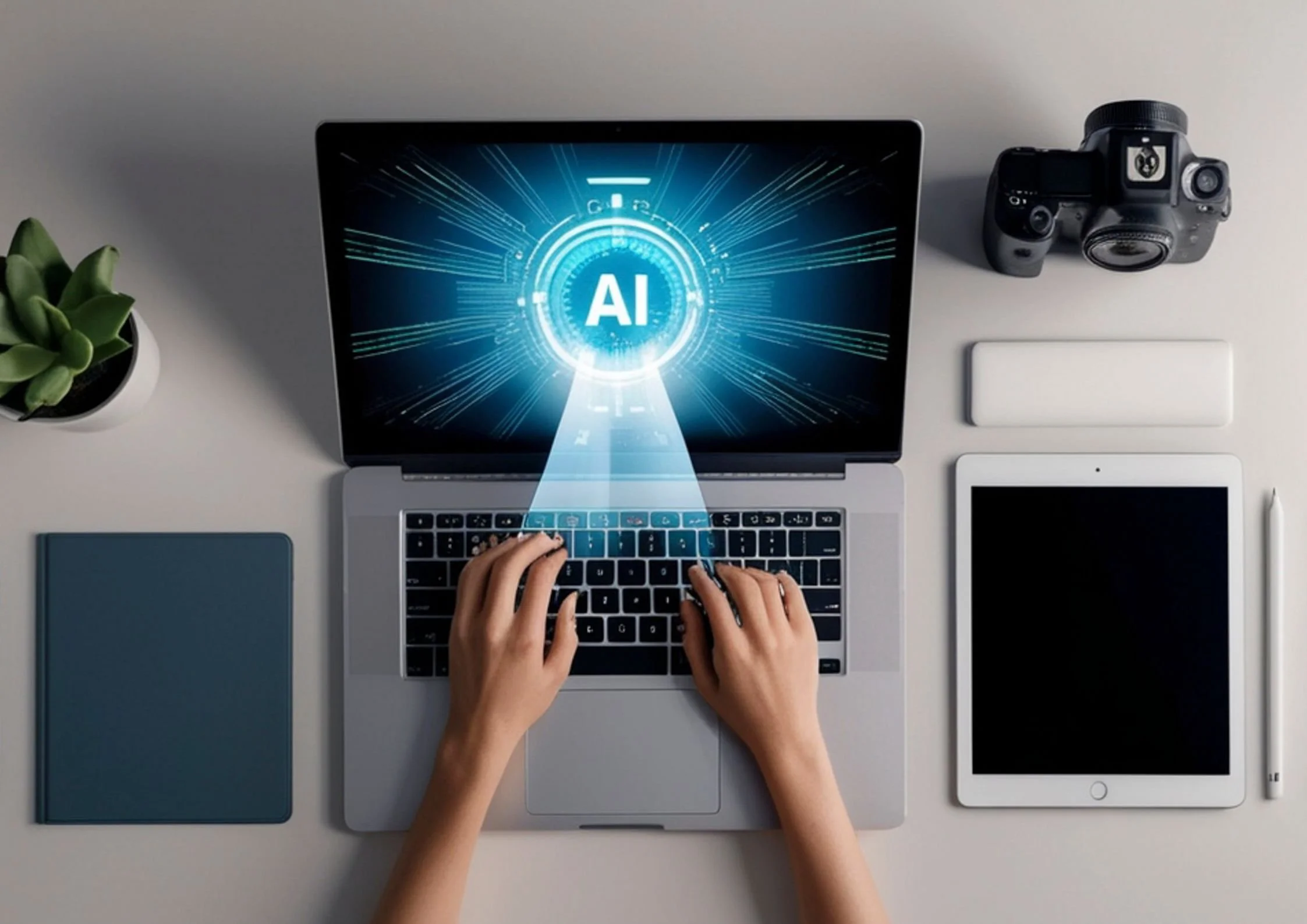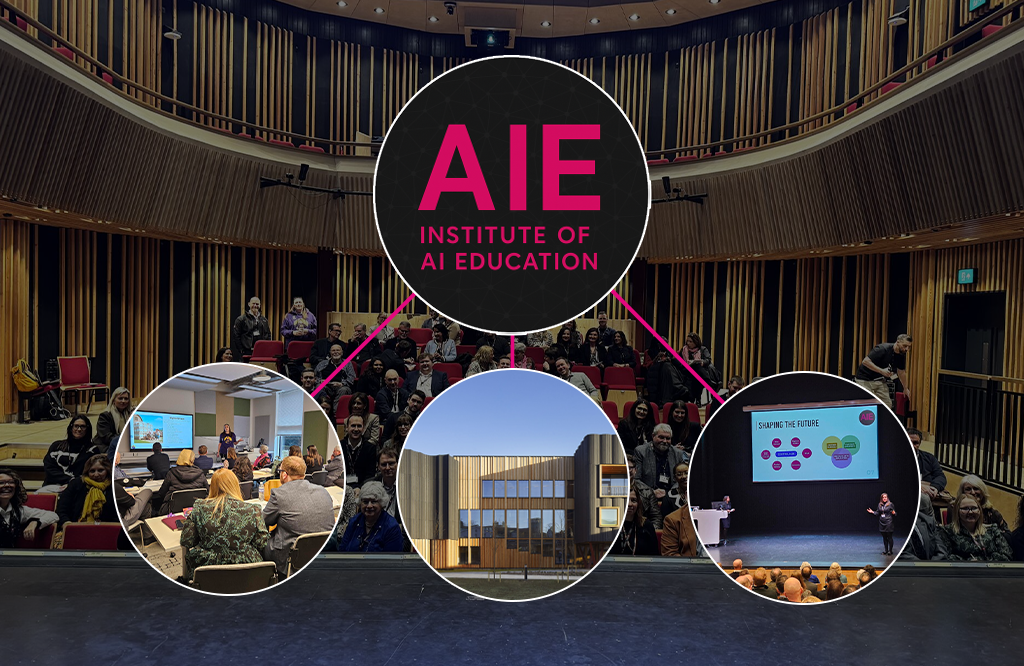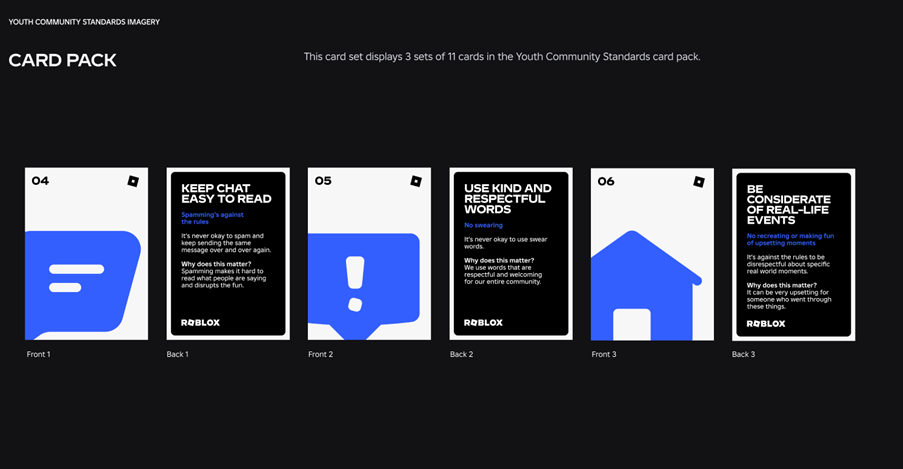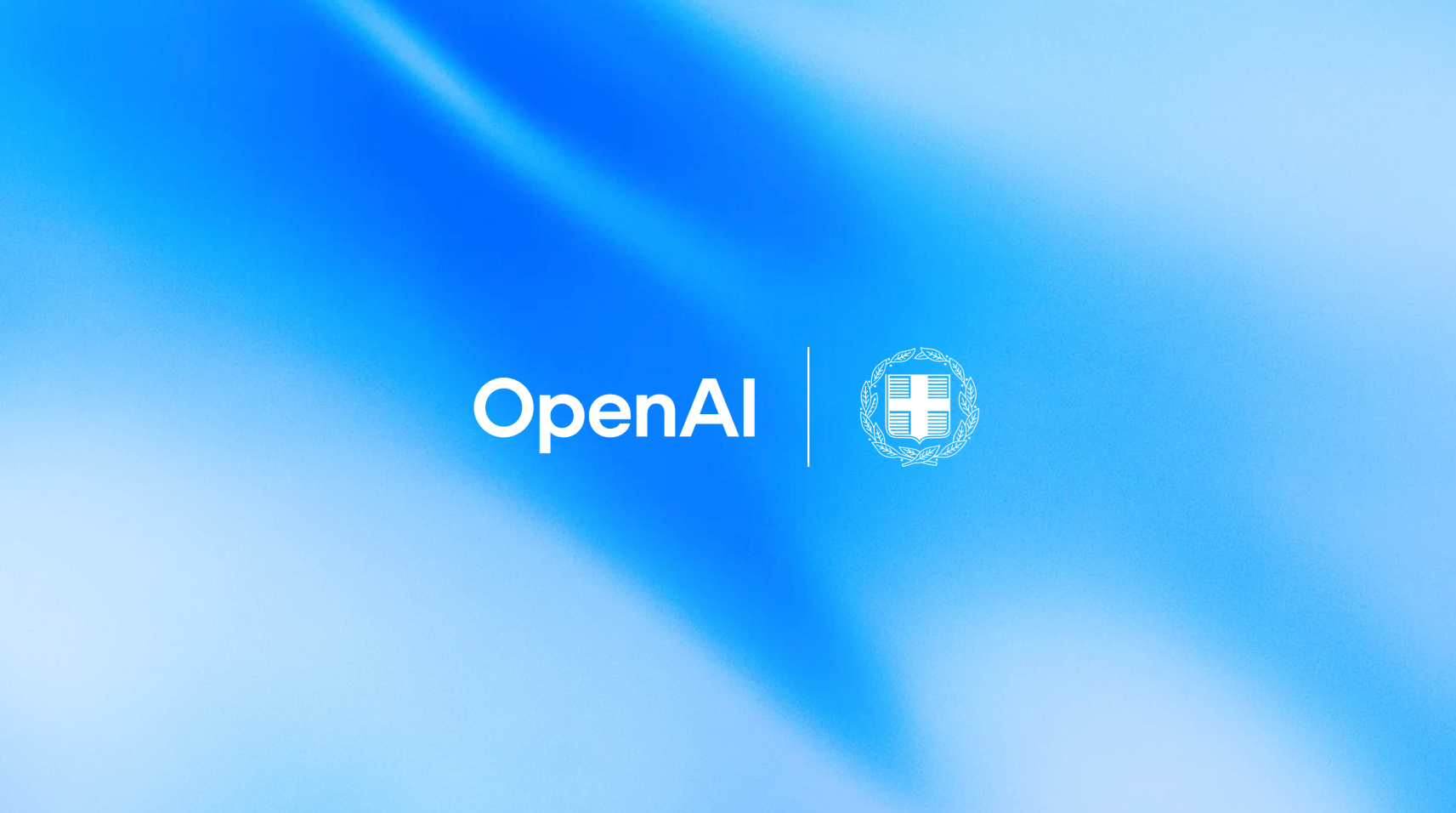New Udemy research finds ‘AI blindspots’ that may leave organizations and individuals at risk

Titled Ready or not: The emerging gap between awareness and action in AI transformation, the report is based on research with nearly 5,000 employees in the US, UK, Brazil, and India conducted by YouGov.
While employees surveyed recognize the impact of AI on society, many are still convinced that it will not change their own job roles. Udemy says this has resulted in a gap between awareness and readiness.
In the UK, workers are twice as likely to worry about economy-wide job impacts than their own job security and just 16 percent of UK workers or job seekers are confident in their AI skills. Udemy says leaders must share specific examples of AI’s impact on similar industries or roles to create urgency.
“We’re witnessing one of the most dangerous disconnects in modern workforce history,” explains Hugo Sarrazin, President and CEO at Udemy. “Workers understand AI is transformative, but psychological biases and institutional barriers are preventing many of them from taking the very actions that could secure their futures.”
AI blindspots in a competitve market
Udemy says the situation could create an “AI blindspot” that leaves individuals and employers at risk in a competitive marketplace.
“People know the AI train is in motion, but they aren’t buying a ticket to ride. Organizations that help employees overcome this AI blind spot now will have a massive advantage, so they aren’t left waiting on the tracks when AI’s full impact truly hits,” Sarrazin adds.
Udemy argues that employer resources can help upskill workers, allowing individuals to prioritize personal and professional growth.
“It’s a tough time to enter this job market. Managers are looking for adaptive skills, but they’re traditionally hard to measure and are often best learned on the job. At the same time, layoffs in many industries are leaving managers with more responsibilities, meaning less time for dedicated training,” says Elizabeth Weingarten, Head of Behavioral Science Insights at Udemy.
“By actively upskilling and looking for opportunities to practice those key skills, workers can make themselves indispensable to managers while also preparing to thrive through any work shifts brought on by AI.”























